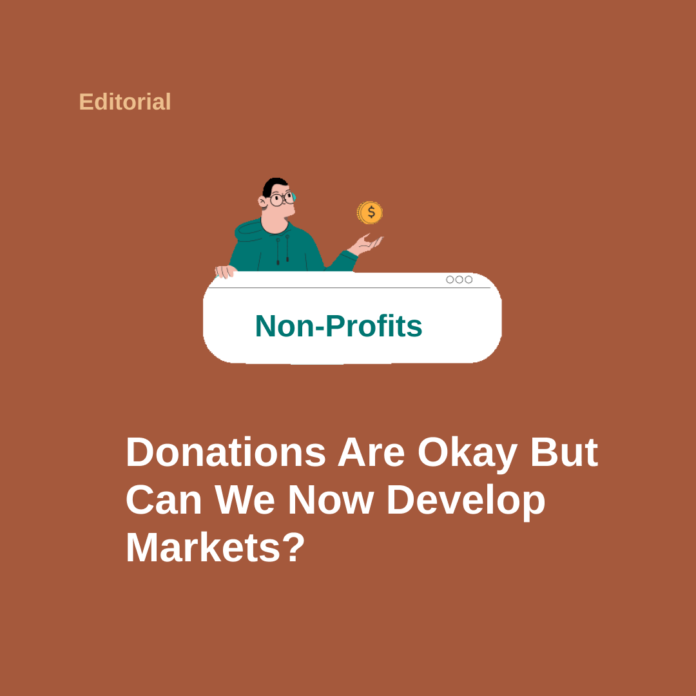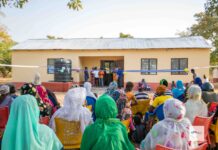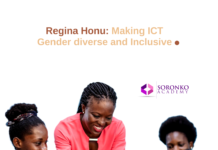In my line of work, I have been engaging more with vendors in the informal sector than any other group. I even built a marketplace that connected informal food vendors to customers. I had to pivot in less than a year and the biggest challenge is why this article is titled as it is.
Africa’s markets are largely underdeveloped, fragmented, and cash-heavy. To solve a hard problem and scale it, more capital will be needed and in most cases, the supply and demand chain ought to be built from scratch. And here is where nonprofits can come in.
Free Cash Must Do Public Good
The nonprofit model heavily relies on free cash (donations) unlike venture or angel capital. Over the years, these donations are being used for ‘mediocre’ projects by many nonprofit leaders. Most often, funds raised from the public are either used to buy items to support the orphanage home or a sick person. Whilst these are important, I strongly believe there can be a ripple effect for giving beyond donation.
Agriculture
For the past 5 years, I have been visiting and learning from a community in the Upper West region of Ghana called Daeyiri. Daeyiri is a farming community and they lack electricity, internet connectivity, and good roads. The community goes into total darkness at night. I spend GHC 120 to go there from Bamaho, a student community near Wa Central.
Building a startup in Daeyiri will be very hard and near impossible because the issues are expensive to solve. You dare not try!
But what stops a nonprofit from adopting this community and deliberately turning charitable giving into development projects no matter how small it may seem? A nonprofit can start by connecting a house to solar energy. Others can connect the community to the internet.
That is the market development I am talking about.
Digital Illiteracy
Another scenario is digital illiteracy. According to the ‘Digital Skills in Sub-Saharan Africa’ report that IFC recently published, 230 million jobs in Sub-Saharan Africa will require digital skills by 2030. Whilst this may seem promising for a continent flooded with damning unemployment rates, about 65% of Africans are digitally illiterate. This means that they do not have the skills or knowledge to use digital technologies effectively. In some countries, such as Mali and Niger, the illiteracy rate in rural areas is as high as 90%.
What stops a nonprofit from leveraging the influence of schools, churches, and mosques to offer digital training to its members that fall into this category – both young and old?
As a person who has run a nonprofit before and in fact, built a bigger one, I know the amount nonprofits can raise if they are deliberate and the impact they can create if they are radical.
Nonprofits are not interested in becoming unicorns. They are neither on a time bomb to expand and grow valuation for investors but they can be the little chaps that can experiment with models, bring out learning, and develop markets for for-profit businesses with investor money to leverage for scale.
The challenges facing African markets are multi-angled but its summary is one: our markets are underdeveloped.
We have been singing about the numbers on Africa’s future and how it will be the biggest market in the next decade. But if key players like the nonprofit sector do not actively step in to develop markets, it will be so difficult to see this future in our lifetime and a lot of great potential and opportunities will be lost.
Donations are fine. Doing charity work is not wrong but Africa demands more from the nonprofit sector than it has actually given. A shift to market development will make the sector attractive to the public once again.




















